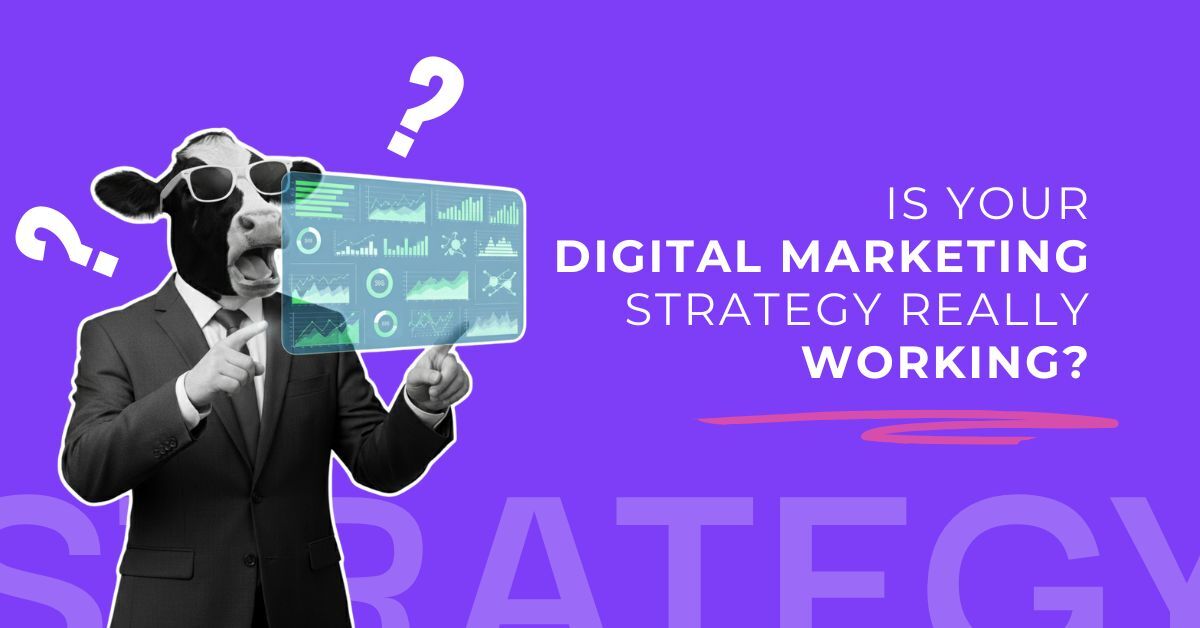Table of Contents
Determining if a digital marketing strategy is right for your business requires a comprehensive assessment across several key dimensions aligning the strategy with your business goals, target audience, resources, and competitive environment.
In this guide, we answer a common question:
How can I determine if a digital marketing strategy is right for my business?
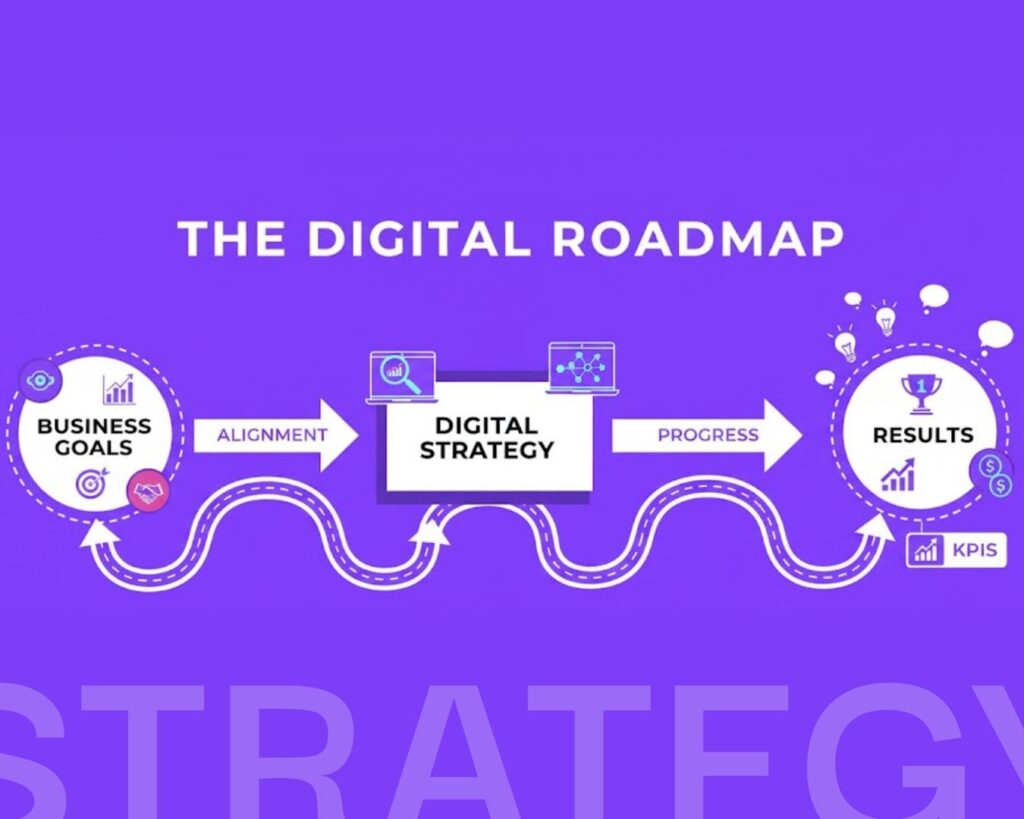
1. Alignment with Business Objectives
The most fundamental test is whether the strategy directly supports and helps achieve your overarching business goals.
Key Questions
- Goal Mapping: Does every major component of the strategy (SEO, social media, email) connect to a specific business goal such as increasing revenue, market share, or customer retention?
- KPI Definition: Are the Key Performance Indicators relevant to business goals? For example, if your goal is revenue, are you tracking conversions and customer lifetime value not just likes or followers?
Timeline Feasibility: Is the proposed timeline realistic and aligned with your business’s growth plan?
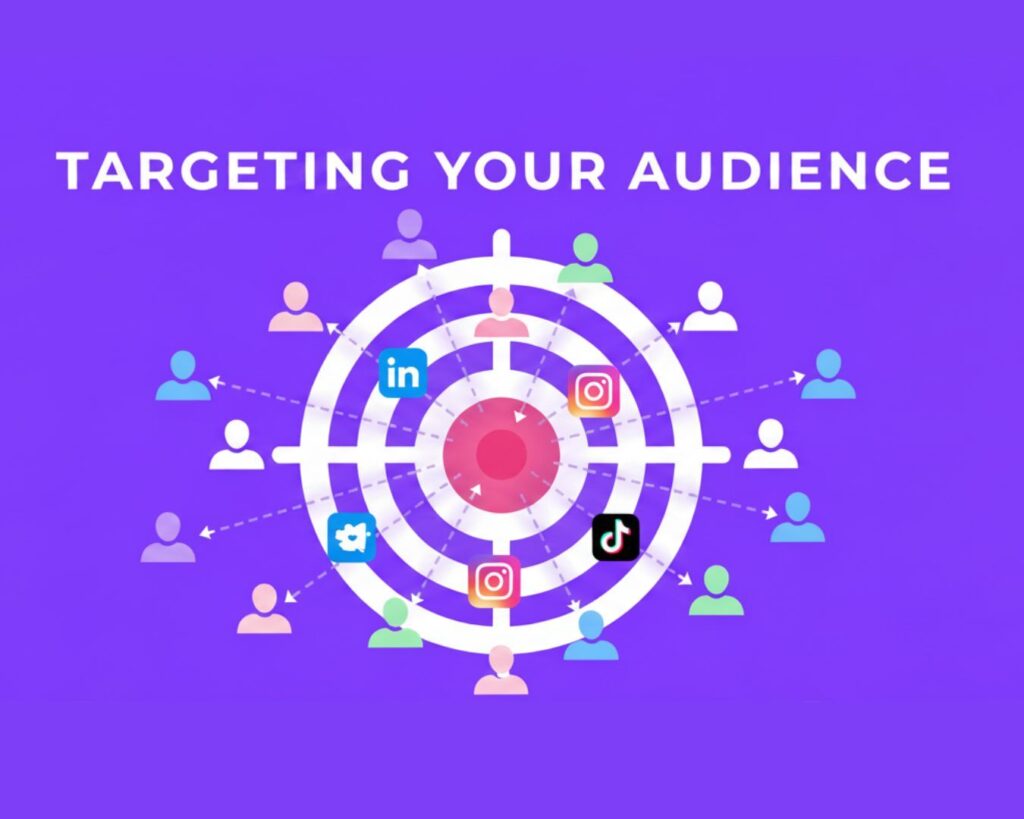
2. Target Audience Relevance
An appropriate strategy speaks directly to the people you want to reach.
Key Questions
- Audience Clarity: Is your target audience clearly defined through personas — demographics, interests, pain points, and digital habits?
- Channel Selection: Do the selected channels (e.g., TikTok, LinkedIn, Google Ads) align with where your target customers actually spend time?
Messaging Resonance: Is the content tailored to their needs, motivations, and stage in the buyer’s journey?
From the Managing Director’s Desk
“When you get a digital marketing proposal including SEO, Google Ads, social media, or email campaigns the first question you should ask yourself is why am I doing this?
Are you doing it to make your brand visible and build awareness, you need more sales and leads, need to get more followers because of your business niche, if you are an artist, a public figure, etc., or you simply like to get a lot of followers simply to show it off?
If your main goal is sales, ask whether your audience is the kind of people who search for your product or service on Google.
If yes, then Google Ads and SEO will perform best.
But if your product is new and people don’t know it yet, they won’t be searching for it, which means social media is your best entry point to generate interest and awareness.
Knowing your audience is the first step in deciding what type of digital marketing fits you.
Once you know them, define your targets clearly:
- For brand awareness, focus on social media and YouTube.
- For leads and conversions, combine Google Ads with social media.
- If you already have a customer database, add email and remarketing campaigns.
Ultimately, the right strategy depends on who your audience is, what your goals are, and where your customers spend time online.”
This practical perspective reinforces the importance of audience understanding before choosing marketing channels. Understanding your audience is at the core of any results-focused strategy, not just a digital marketing strategy. Nothing can work, no online advertising plan or hack, no matter how good it is, without knowing your ideal client.

3. Resource Availability and Feasibility
A perfect strategy is useless if you lack the resources to execute it.
Key Questions
- Budget Assessment: Is your channel budget (ads, content creation, tools) realistic and sustainable?
- Team Capability: Do you have the necessary internal skills or funding to hire or partner with an agency that can deploy it (SEO specialists, copywriters, data analysts)?
Technology Stack: Do you have tools (CRM, analytics, automation software) to track and optimize performance?
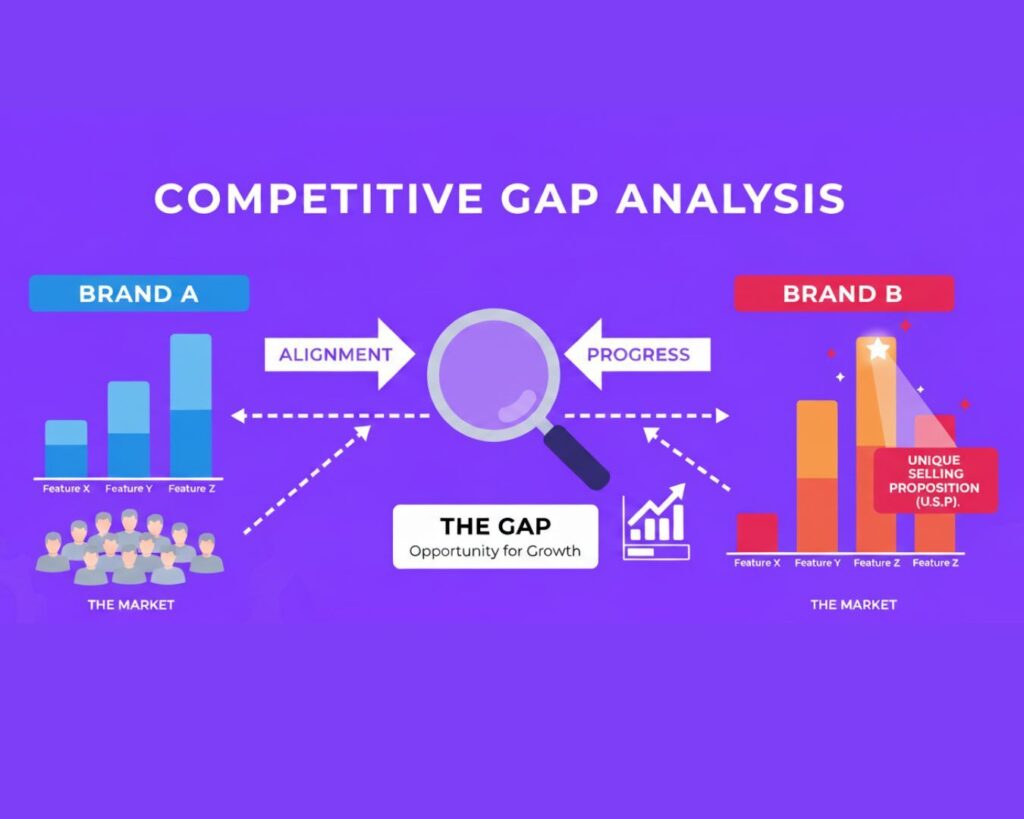
4. Competitive and Market Analysis
A good strategy doesn’t exist in isolation; it must consider the external environment.
Key Questions
- Differentiation: Does your strategy highlight what makes your brand unique compared to competitors?
- Competitive Gap Analysis: Are you taking advantage of weaknesses or trends your competitors overlook?
Market Trends: Is your plan adaptable to changes like new algorithms, AI adoption, or privacy laws?
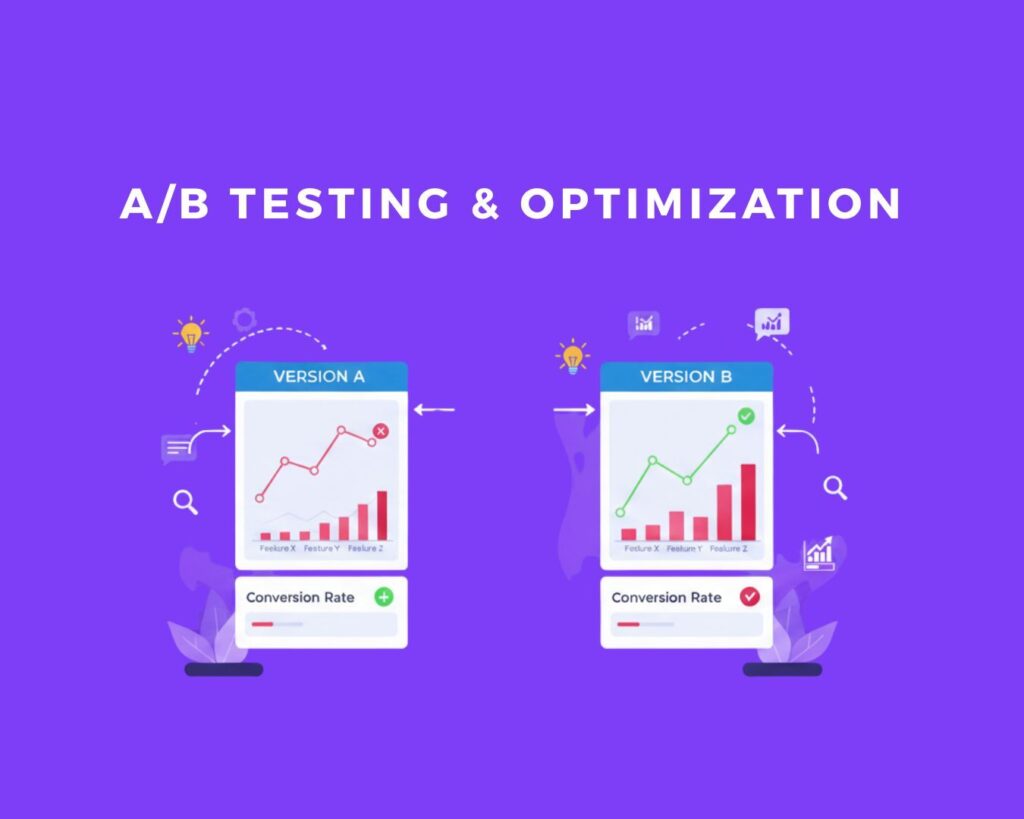
5. Measurability and Adaptability
A strong strategy is measurable and flexible.
Key Questions
- Tracking Mechanisms: Are there clear systems (e.g., UTM tracking, conversion analytics) for monitoring performance?
- Reporting Frequency: Is there a routine for reviewing and reporting KPIs?
Optimization Cycle: Does the plan include A/B testing and continuous refinement based on results?
Final Thoughts
Digital marketing success starts with clarity knowing your why, your who, and your how.
Once those are clear, you’ll immediately know whether a proposed digital marketing strategy truly fits your business or just looks good on paper.

